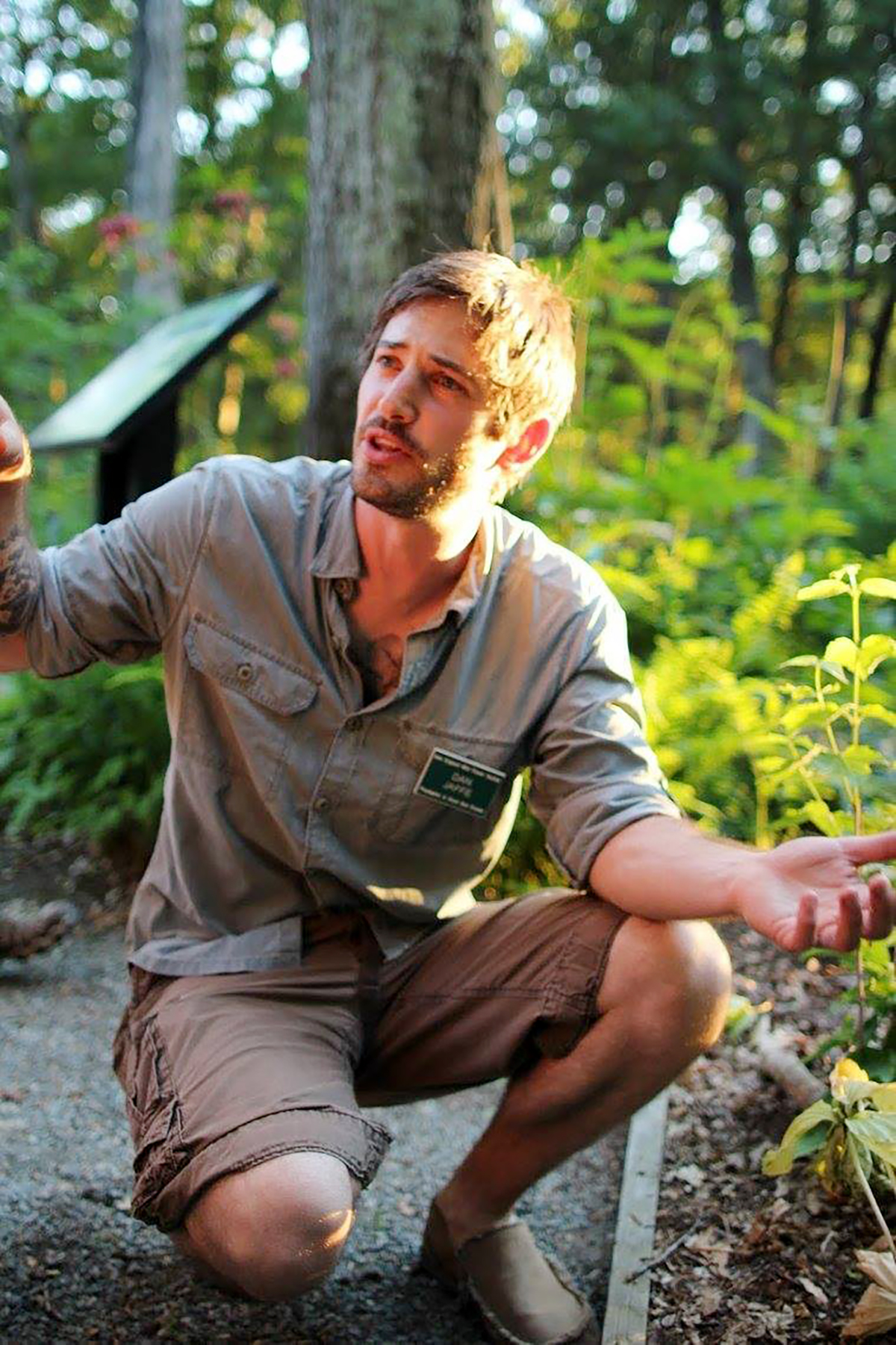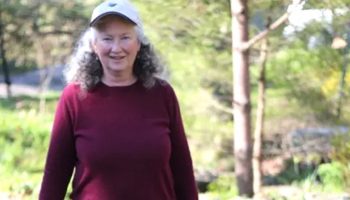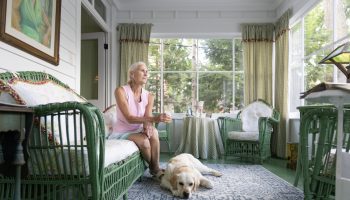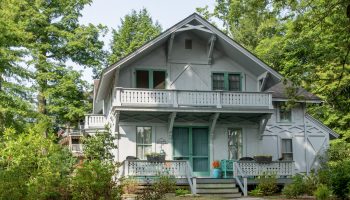As a botanist and horticulturist, Dan Jaffe’s job is to keep native plants thriving.
“It’s all about finding a plant that would thrive very well in the conditions that are already present,” said Jaffe, a propagator and stock bed grower for the New England Wild Flower Society.
Jaffe will give a talk on native edible plants in the Bird, Tree & Garden Club’s last Brown Bag lecture of the season at 12:15 p.m. Tuesday in Smith Wilkes Hall. The lecture, titled “How Native Plants Can Feed Us and Feed The Ecosystem,” will explain how indigenous plants offer ecological benefits and food sources.
“I always kind of wanted to grow food that didn’t need a lot of work, where I could just walk into the woods and find it,” Jaffe said.
Jaffe received his bachelor’s degree in botany from the University of Maine. Though he always loved the outdoors, he said, his interest in plants came about somewhat accidentally during college.
“I needed money. So I took a job at a local nursery,” he said. “At one point, they were short on landscape hands. It ballooned from there and I developed a love for the work.”

Now, Jaffe grow plants for the society’s Garden in the Woods. As a propagator, he helps grow seeds into finished plants. He also takes photographs for the society, which he said are an important teaching tool.
At the talk, Jaffe will explain how native plants are valuable for both wildlife and people. Native plants support populations of birds and insects, require less water and don’t need pesticides and other chemicals, according to the National Audubon Society.
“It’s something that is very valuable for the local wildlife, something we can all benefit from,” Jaffe said of native plants.
Beyond explaining how to help local ecosystems, the talk will also include recipe ideas and information on how to prepare the plants for eating.
“I also want people to realize that native species are absolutely beautiful,” Jaffe said. “The vast majority of people growing plants are already growing natives and don’t realize it.”
On top of that, though, native plants are preferable in that they don’t require much work, he said.
“All you have to do is water them to get them established and then walk away,” Jaffe said. “We’re into plants that take care of themselves and have value ecologically and from a human point of view.”





